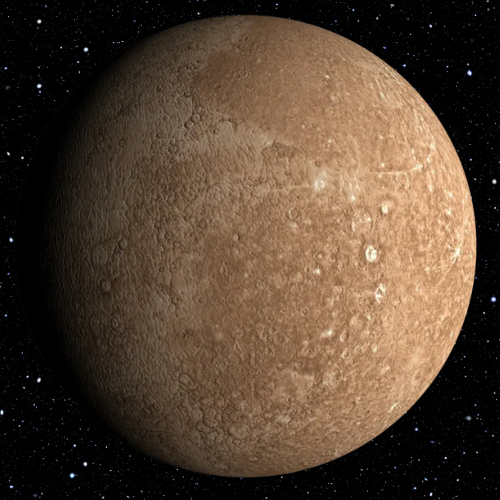Twelve Against the Gods is a book written by William Bolitho, first published in 1929. The book is a collection of historical biographies of twelve individuals who stood out in history as "rebels" against the status quo and the gods of their time. In this article, we'll go chapter by chapter through the book, summarizing the most important points and providing quotes from the book.
Chapter 1: Alexander the Great
In the first chapter, William Bolitho introduces Alexander the Great and his story of conquest and rebellion against the status quo. He writes, "Alexander the Great was a rebel, not in the modern sense, but in the sense of defying the gods of his time." He talks about Alexander's early life, his conquests, and his impact on the world. He also talks about Alexander's ambition and drive, and how he was able to achieve so much in such a short period of time.
Chapter 2: Casanova
In chapter two, William Bolitho talks about the life of Casanova and his rebellion against societal norms. He writes, "Casanova was a rebel in the sense that he defied the moral codes of his time." He talks about Casanova's early life, his many romantic escapades, and his impact on society. He also talks about Casanova's wit, charm, and ability to seduce, and how he was able to live life on his own terms.
Chapter 3: Cleopatra
In chapter three, William Bolitho talks about the life of Cleopatra and her rebellion against the status quo. He writes, "Cleopatra was a rebel in the sense that she defied the traditional roles of women in her time." He talks about Cleopatra's early life, her rise to power, and her impact on the world. He also talks about Cleopatra's intelligence, charm, and ability to manipulate, and how she was able to achieve so much in a male-dominated society.
Chapter 4: Christopher Columbus
In chapter four, William Bolitho talks about the life of Christopher Columbus and his rebellion against the status quo. He writes, "Christopher Columbus was a rebel in the sense that he defied the accepted knowledge of his time." He talks about Columbus's early life, his voyages, and his impact on the world. He also talks about Columbus's ambition, drive, and determination, and how he was able to achieve his goals despite the odds against him.
Chapter 5: Cagliostro
In chapter five, William Bolitho talks about the life of Cagliostro and his rebellion against the status quo. He writes, "Cagliostro was a rebel in the sense that he defied the religious and political establishments of his time." He talks about Cagliostro's early life, his involvement in the occult and alchemy, and his impact on society. He also talks about Cagliostro's charisma and ability to manipulate, and how he was able to gain the trust and admiration of many powerful individuals.
Chapter 6: Napoleon Bonaparte
In chapter six, William Bolitho talks about the life of Napoleon Bonaparte and his rebellion against the status quo. He writes, "Napoleon Bonaparte was a rebel in the sense that he defied the political establishments of his time." He talks about Napoleon's early life, his rise to power, and his impact on the world. He also talks about Napoleon's ambition, drive, and military genius, and how he was able to achieve so much in his career.
Chapter 7: Don Juan
In chapter seven, William Bolitho talks about the legend of Don Juan and his rebellion against societal norms. He writes, "Don Juan was a rebel in the sense that he defied the moral codes of his time." He talks about the origins of the Don Juan legend, the various interpretations of the character, and the impact of the story on society. He also talks about the themes of seduction, manipulation, and the rejection of societal norms present in the story of Don Juan.
Chapter 8: Dr. Faustus
In chapter eight, William Bolitho talks about the legend of Dr. Faustus and his rebellion against the religious establishment of his time. He writes, "Dr. Faustus was a rebel in the sense that he defied the religious beliefs of his time." He talks about the origins of the Faust legend, the various interpretations of the character, and the impact of the story on society. He also talks about the themes of ambition, the search for knowledge, and the rejection of religious beliefs present in the story of Dr. Faustus.
Conclusion
Twelve Against the Gods is a book that offers an in-depth look at the lives of twelve historical figures who stood out as rebels against the status quo. By understanding the most important points and quotes from each chapter, readers can gain valuable insights into the stories of these individuals, and learn about the ways in which they defied the "gods" of their time. The book is a fascinating read that offers a glimpse into the motivations, desires and flaws that drive human nature. It is a valuable resource for anyone interested in history, human behavior, and the study of human psychology.













